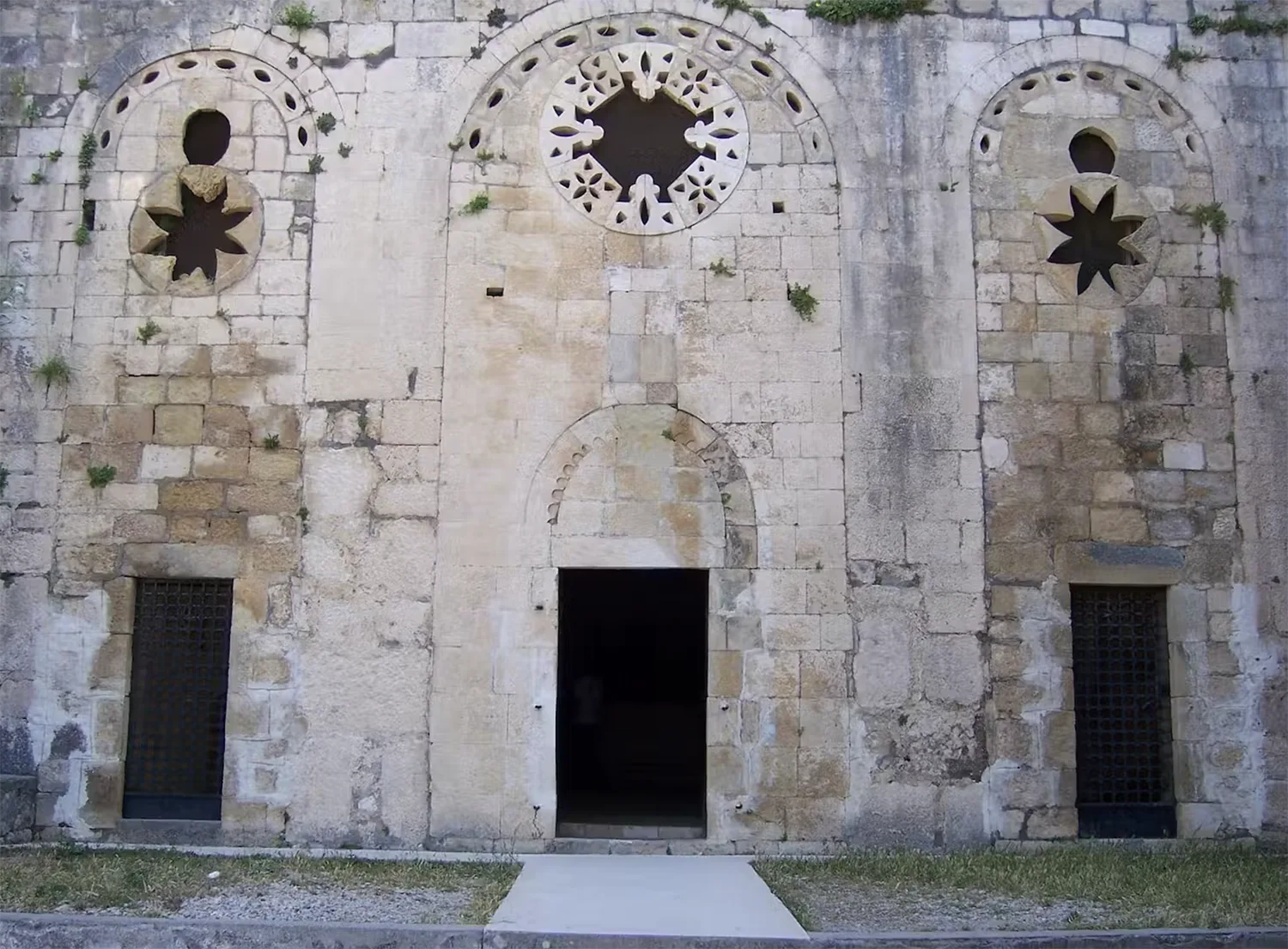Shepardson on Turkey’s historic city of Antakya

Marie Curie once wrote “One never notices what has been done; one can only see what remains to be done.” While speaking with doctoral researcher Jill Walton, it’s clear she is the embodiment of Curie’s words. As she excitedly tells me about her studies, volunteer work, and outreach dreams, I see her vision for a more intentional use of research, academia, and scholarship to benefit not only scientific knowledge, but also humanity.
Walton studies the roseobacter clade of marine bacteria in Alison Buchan’s lab. Roseobacter has a unique ability to degrade stable benzene rings, making it a promising candidate for the natural removal of polycyclic aromatic hydrocarbons (PAHs), which are anthropogenic pollutants composed of 2 to 6 fused benzene rings.
Both roseobacter and PAHs — which come from oil spills, industrial discharge, wastewater, and runoff — are largely abundant in coastal environments. This mutual presence, along with roseobacter’s degradation ability, present a promising situation.
“Roseobacter and the pollutants are there. They show the ability to degrade smaller compounds, so can they degrade more complex, structurally similar compounds?” Walton summarizes.
Her overarching goal is to create an effective solution for PAH removal in degraded coastal environments.
“I’m looking at roseobacter’s ability in a lab environment to degrade these pollutants to see if we can harness its ability to bioremediate these areas,” she explains. “If we know how to stimulate them, we can use what is already there instead of adding nonnative solutions.”
Little is known about the intricacies of roseobacter’s degradation ability; however, these hurdles do not phase Walton.
“We just need to put all the pieces together and build the story,” she enthusiastically states.
Walton’s passion for research and solution-oriented mindset extends outside of the lab as well, resulting in an extensive list of extracurricular involvement. She regularly volunteers at the Sustainable Future Center, serves as the Microbiology Department’s Graduate Students Association Outreach and Engagement chair, and lends her voice to the Student Disability Services (SDS) Student Advisory Board.
But her engagement does not stop here. Walton is a participant in the Community Engagement Academy offered through UT’s Diversity and Engagement Department where she applies her love for research to outreach initiatives.
“We have been learning about engaged scholarship,” she explains. “We are focusing on engagement that not only benefits the community, but also our professional interests.”
Her goal is to utilize her connection with the Sustainable Future Center to implement a community soil and water testing initiative. Walton hopes to provide free testing kits and educational workshops for community members.
“I don’t want there to be any barriers to participation,” she elaborates. “I am really excited about it! I think it has a lot of potential to be great and an initiative other people will continue when I am no longer here.”
Walton undoubtedly has a bright future ahead of her. Her passion for scientific discovery and her unrelinquished kindness make her invaluable to both academia and her community.
-By Taylor Mattioli
